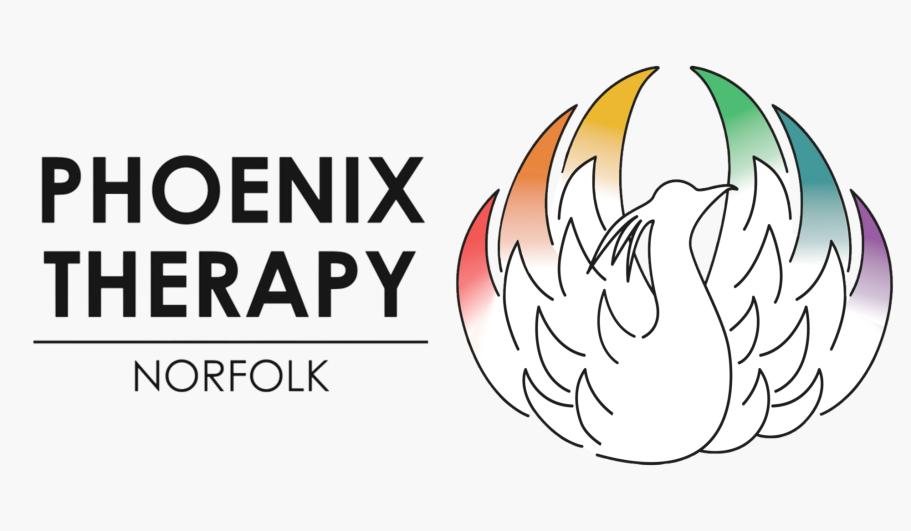Assessment options
Choosing the right assessment makes sure that the young person in your life will get the best possible support. Have a read through of our three options below and see which best describes your young person.
All of our assessments take into account the biopsychosocial profile of the young person, that is, how biological, psychological and social factors are impacting on their presenting needs.
Need help choosing the right assessment? We're here to guide you. Get in touch for a chat or book a consultation through our Contact Us page.

£195
Recommended age: 12 and above
Purpose: This assessment focuses on understanding the young person's needs and wants through direct consultation.
Youth Consultation Assessment
Process:
- Primary consultation with the young person.
- Additional consultation with adults (parents, carers, educators) if agreed upon
Outcome:
- Post-assessment feedback provided to the young person via their preferred method (telephone call, email, or letter).
- Feedback also given to the referrer.
Appropriate For:
- Young people who have an understanding of their own needs and difficulties, are able to speak directly with professionals about these, and would like support.
- Situations where a formal report is not necessary.

£550
Recommended age: 7 and above
Purpose: This assessment provides a thorough understanding of the young person's needs through a combination of consultations and standardised assessments.
Comprehensive Assessment
Process:
- Consultation with the young person.
- Standardised assessments as needed.
- Consultation with family or carers.
- Observation in educational environment (if appropriate).
- Consultation with other professionals, including education staff.
- A detailed assessment report with advice, recommendations, and signposting.
- An appended personalised letter summarising key points for the young person.
Outcome: A formal report written in accessible language.
Appropriate For:
- Young people who need a detailed assessment with formal documentation.
- Situations where input from multiple sources (family, educators, other professionals) is needed.

£695
Recommended age: 7 and above
Purpose: This assessment is designed to support applications for an Education Health and Care Needs Assessment or to contribute to the needs and provisions section within an EHCP.
Enhanced Assessment for Education Health and Care Plans (EHCP)
Process:
- Similar to the Comprehensive Consultation and Standardised Assessment.
- Additional focus on gathering detailed information to support EHCP applications.
- Consultation with all relevant parties (young person, family, carers, educators, other professionals).
- A comprehensive report tailored to meet the requirements of EHCP applications.
Outcome: A detailed report intended to support EHCP applications, either purchased or commissioned by the family, school, or local authority.
Appropriate For:
- Young people who require an EHCP or need to update their existing EHCP.
- Situations where a detailed and formalised report is necessary to support educational and care needs.

£750
Recommended age:
Consultation advised but usually from age 3+
Purpose: This assessment is designed to provide greater understanding of social communication to inform support and decisions around further assessment.
Autism Diagnostic Observation Schedule (ADOS-2)
Process:
- Child or young person will be taken through activities and/or conversation topics to not only observe their responses but also to help put them at ease as much as possible
- Normally taking 60-90 minutes with a break part-way through, the assessment will allow the assessor to observe social interaction, communication, play and imagination/creativity skills
Outcome: A detailed profile of the child/young person's communication abilities, particularly those that may be indicative of Autism Spectrum Disorder (ASD). The assessment can be used to contribute to a wider neurodevelopmental diagnostic assessment depending on the team conducting this wider assessment.
Appropriate For:
- Young people where ASD is suspected
- Most ages above baby and toddler stage (~31 months+)
- Where information is needed to inform decisions around further neurodevelopmental assessment
- Where a comprehensive assessment of needs in the above areas is required, to help inform greater understanding and support of the child/young person's needs
©Copyright. All rights reserved.
We need your consent to load the translations
We use a third-party service to translate the website content that may collect data about your activity. Please review the details in the privacy policy and accept the service to view the translations.
